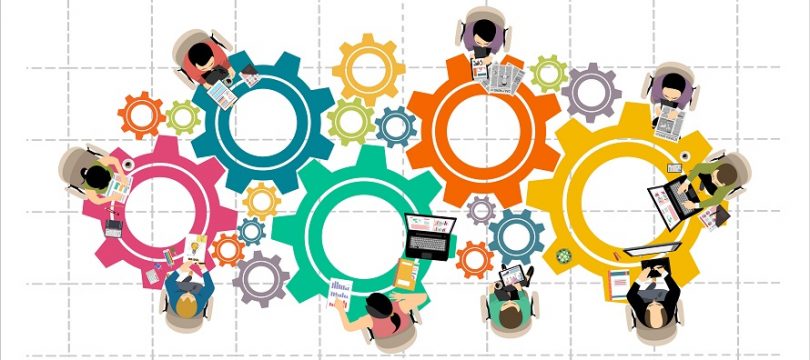
Over the last couple of years, the relationship between infrastructure delivery government agencies and their supply chain partners has not always been collaborative. There have been well documented projects that have been over budget, late or led to unsustainable financial outcomes for supply chain construction partners and sub-contractors due to the way the projects have been designed, procured and delivered. The unfortunate thing about this is that no one wins. Government agencies suffer reputational damage and financial overruns along with dissatisfied customers and stakeholders. Supply chain partners lose money, suffer reputational damage or worse go in to administration due to not being financially sustainable.
There are many reasons why this occur which includes the following:
- Lack of commercial acumen from government agency staff in understanding the commercial drivers of their supply chain partners;
- Lack of understanding of the correct risk allocation that allows themselves and their supply chain partners to deliver win/win outcomes;
- The supply chain “buying” a job or incorrectly estimating the quantum required to deliver the project successfully;
- An international player being awarded the job without knowing or appreciating through their cost estimates and bid submission the unique local factors that need to be taken in to consideration;
- A lack of continuity of key staff in leadership and technical roles which impacts on the stability and ability to deliver a successful project;
- A perception that contractors and supply chain partners are making “lots of money” during busy times which is not always correct;
- An adversarial relationship between all parties in the delivery of the project; and
- Other factors that may not have been known at the procurement and award stage of the project.
The challenge with these situations is that they appear to be increasing across all jurisdictions. There is an acknowledgement that we need to work together in a collaborative way to deliver infrastructure projects better in what is challenging times given the unprecedented pipeline of projects in the next 5-10 years.
A number of governments have been proactive with looking to address this by way of construction accords and commitments to the construction industry. We believe these are an excellent start in ensuring we work together to deliver win/win outcomes for all parties involved in delivering infrastructure projects. Some good examples of these documents and frameworks are as follows:
NSW Government –A ten point commitment to the construction industry
Victorian Government – Reforming public construction
NZ Government – Construction Section Accord
These documents have excellent insights and strategies that will improve the collaboration between infrastructure delivery agencies and their construction supply chain partners.
The challenge from my perspective lies in turning these strategies into action and accountability for improvement. What are the actions occurring and where is the improvement in key success metrics that deliver better value for money outcomes for the community? Some of the suggested actions I would love to see include the following:
- Better transparency of the pipeline of projects through websites such as the one run by Infrastructure Partnerships Australia which can be found here. Review which government agencies are doing it and not doing it and hold them accountable for supplying their pipeline of projects across Australia and New Zealand;
- Undertake commercial capability training for all government infrastructure agency staff to improve their commercial skills. Align the training to the frameworks above and teach them commercial drivers and practices so that they are confident in working with their supply chain partners;
- Commission an independent interview of your supply chain partners and get some honest feedback on whether you are a mature and commercially intelligent client to work with. Feed these learnings back into your procurement practices;
- Measure value for money through end of project reporting. What did we say we want to achieve from this project at the start and assess whether we achieved it?
- A move to more consistency in the frameworks, procurement models and contracts used across jurisdictions. This will enable the industry to spend time and energy on what matters rather than the bureaucracy that is non-value adding prior to award;
- Better industry briefings that promote a two-way exchange of feedback, learnings and ideas with supply chain partners. How can we improve and benefit all involved would be a great place to start in ensuring we are all looking for ways to drive win/win outcomes;
- A more consistent approach across Australia and New Zealand in prioritising infrastructure projects that drive a better return on investment using financial and non-financial criteria; and
- Better outcomes for our communities and stakeholders through the above being implemented. This is actively seen in the better delivery of project outcomes together.
I look forward to seeing these items and others being delivered upon by government agencies. We need to be smarter and more collaborative in how we work to deliver better value for money project outcomes. We are in the midst of a once in a generation infrastructure pipeline of projects. We need to ensure they are delivered well together. Our community should expect nothing less than this from all of us in the construction and infrastructure industry.



